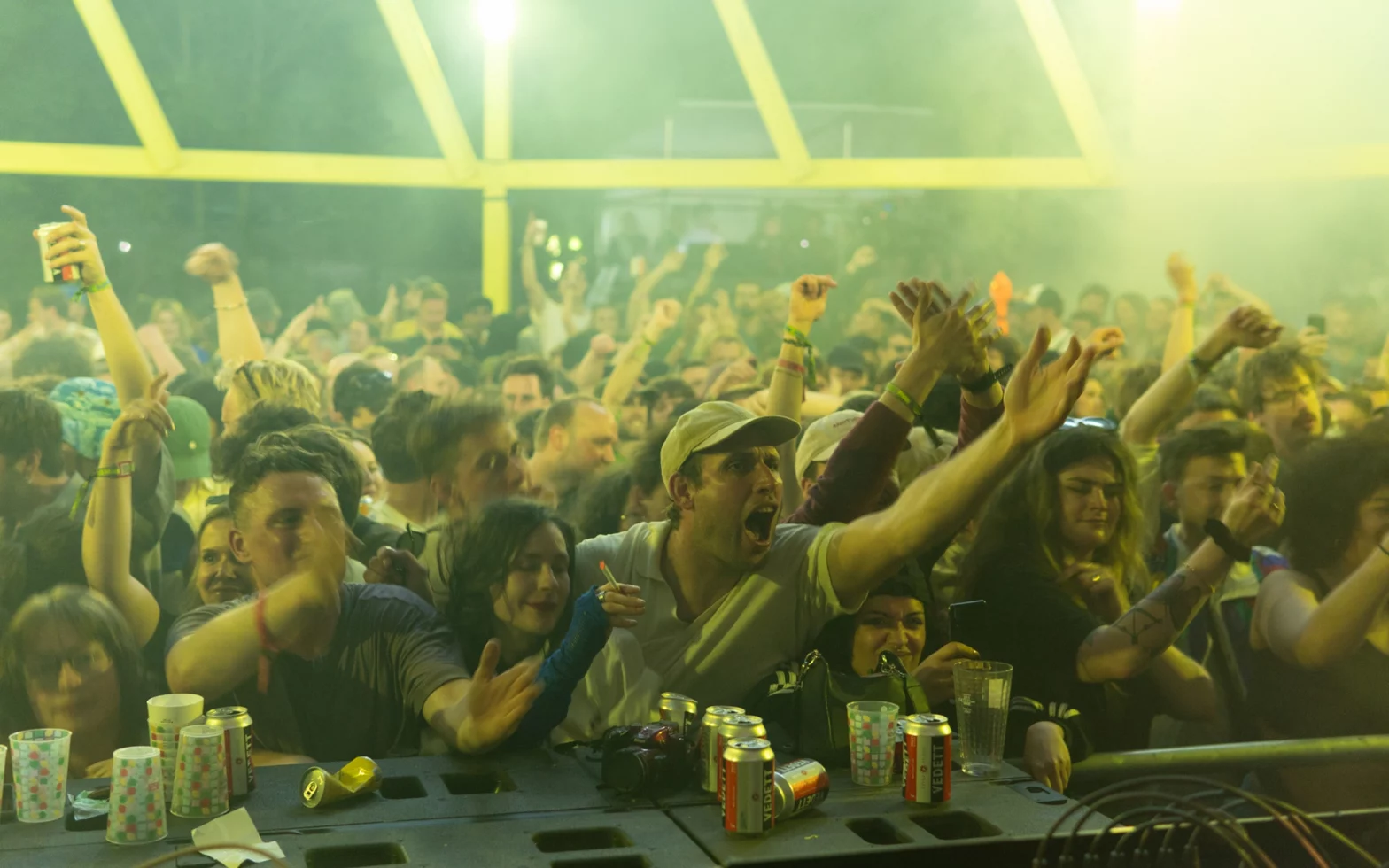Since its inception in 2012, AYE (short for Advancing Youth Empowerment) has grown into one of the most important platforms for independent and underground music in the Midwest. Created by Nick Mitchell (a.k.a. Juan Cosby), founder of Grasshopper Juice Records, AYE began as a grassroots response to the lack of visibility for experimental and alternative hip hop artists in Cincinnati and the surrounding region. Over a decade later, the festival has become a cultural cornerstone — not just a music event, but a statement of independence, inclusivity, and creative disruption.
The initial idea was deceptively simple: bring together the most innovative voices in hip hop, electronic, and genre-defying music for a weekend of unfiltered, community-driven performances. But AYE quickly evolved into much more. It provided a rare gathering space for like-minded artists and fans who often felt alienated by mainstream scenes or commercial music festivals. From basements to warehouses, dive bars to outdoor stages, the festival has always leaned into its DIY roots, celebrating raw talent over flashy production.
One of the most striking features of AYE is its curatorial ethos. Rather than booking based on metrics like follower count or Spotify plays, the organizers prioritize artists who are pushing creative boundaries and challenging norms — both musically and culturally. Past lineups have included national underground legends like Ceschi, Open Mike Eagle, Dälek, and Sammus, alongside local and regional innovators such as Counterfeit Money Machine, Eyenine, Abiyah, MVLΛMBΛ, and Juan Cosby himself.
In many ways, AYE reflects the ideological DNA of Grasshopper Juice Records — a commitment to radical honesty, sonic exploration, and community empowerment. It’s not uncommon to see noise artists opening for rappers, or poets sharing the stage with producers and DJs. This deliberate cross-pollination of genres and scenes helps dismantle the silos that often divide underground communities.
AYE also frequently incorporates visual art, political dialogue, and grassroots activism. Collaborations with collectives like BUNK News have helped turn performances into multi-sensory experiences, blurring the line between concert and installation. Whether it’s guerrilla projections on brick walls, zine releases, or spontaneous beat cyphers, every edition of AYE feels less like a schedule of sets and more like an evolving art happening.
Ultimately, AYE is about more than just music. It’s a declaration of artistic freedom and a rallying cry for underrepresented voices. In a world increasingly driven by algorithms and clout, the festival remains fiercely human — raw, imperfect, inclusive, and unforgettable. As the Midwest’s underground scene continues to expand, AYE remains its most defiant and essential gathering.
